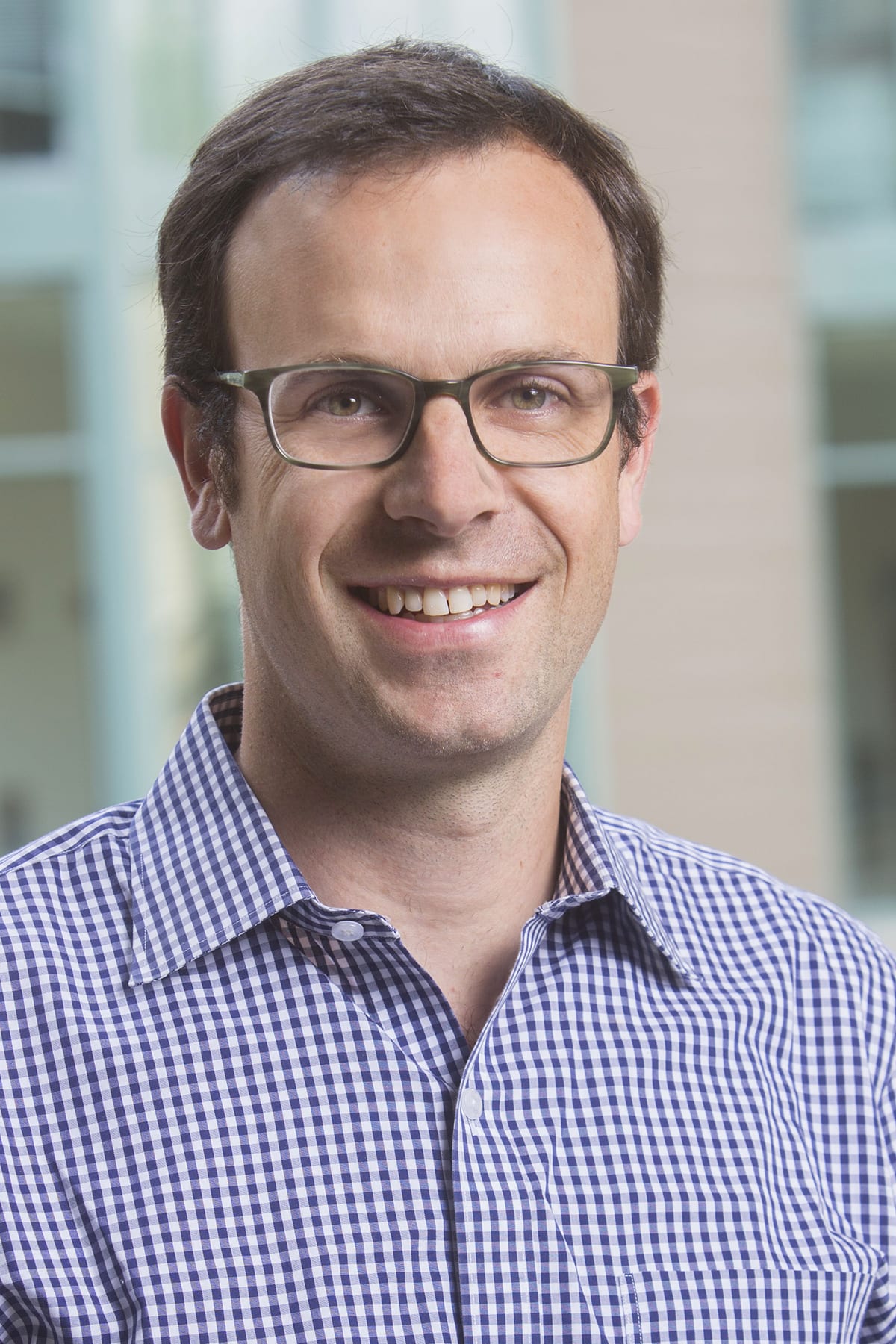
Assoc. Prof. Jonathan Kolstad has received the top award from the American Society of Health Economists for researchers under age 40 who have made the most significant contributions to the field of health economics.
He shares the 2018 ASHEcon Medal with his collaborator, Assoc. Prof. Benjamin Handel of Berkeley’s Economics Department.
Kolstad said he’s honored to be recognized, relatively early in his career, for a larger contribution than just one paper, and for an ongoing collaboration.
“The fact that this was given jointly to Ben Handel and myself reflects an appreciation for some of the new avenues we’ve taken in health economics,” he said. “Much of our joint work has brought new data to bear on old problems that have really different implications when you get into how people actually behave, not just how we assume they behave. ”
Drawing on big data and behavioral economics
Kolstad’s research focuses on the intersection of health economics and public economics, and his work with Handel has also combined approaches from industrial organizations as well as behavioral economics. Their interdisciplinary, cross-departmental collaboration reflects the strength of health economics at UC Berkeley.
“We are very happy to have (Kolstad) at Haas, and we’re pleased by how he is helping to build interest in healthcare economics at Haas and across the Berkeley campus,” said Prof. Candi Yano, associate dean for academic affairs and chair of the faculty.
Recently, Kolstad and Handel have been working with a massive trove of health data on the entire population of the State of Utah over a long time period. The richness of the data has allowed them to analyze the different outcomes from different health insurers and health plans.
“We’re finding very large effects and big differences,” Kolstad said. “Simply changing insurers at the same employer—something most people encounter with some frequency—has huge effects not only on how much is spent on your health care, but also on how your healthcare is delivered.”
The researchers are now looking at what employers look for in choosing insurers and health plans, to answer the question of whether competition actually leads to “productive innovation”—i.e, improving care and lowering costs.
Data partnerships

Kolstad and Handel are also working on partnerships with a number of private companies, from digital health to employers and health care providers, to leverage their data for new research. “This is a particularly exciting area,” he says. “Collaboration between academics and private firms, particularly technology companies, is driving a lot of new findings. We hope to make similar strides on big health care questions.”
Since arriving at Haas from Wharton in 2015, Kolstad has brought his expertise with big data into the MBA curriculum, including developing a new “Big Data and Better Decisions” course that he co-taught with Prof. Paul Gertler this spring. Earlier this year, he was honored as a “40 Under 40” business leader by the San Francisco Business Times for his work as a cutting edge researcher, teacher, and entrepreneur. He founded a startup, Picwell, which now provides more than 1 million personalized insurance recommendations per year.
He said he’s excited by the practical applications of his academic work. “We all deal with our health, and the policies and products in the industry affect our everyday lives. The recognition for this work and its importance to the field will hopefully continue to push health economics more in this direction.”